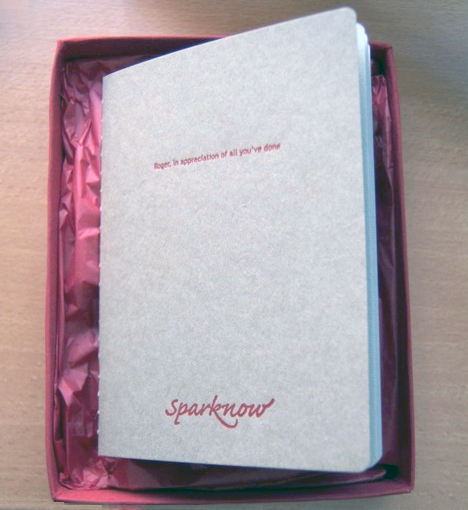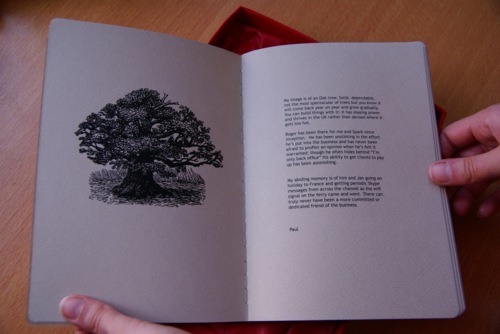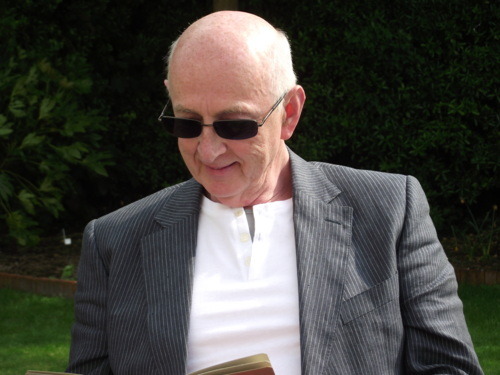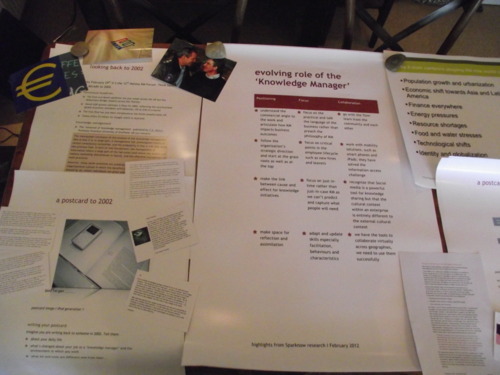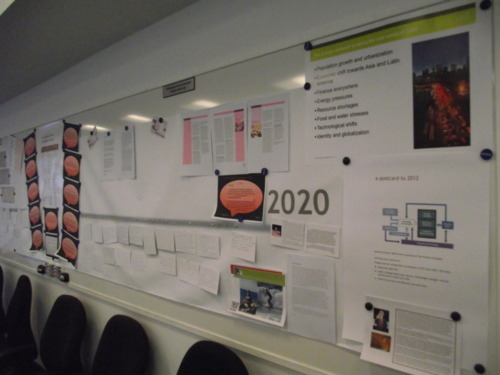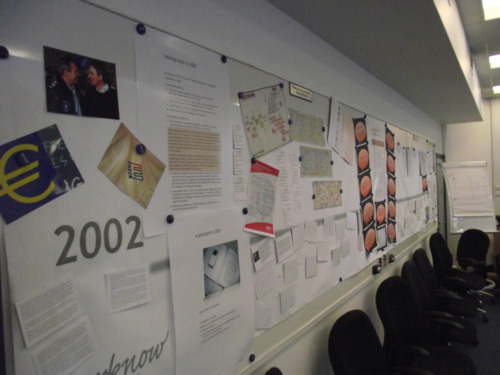‘Taking the plunge’ is intended to
- Get people involved
- Get them to interact with colleagues outside their immediate teams
- Generate energy at the start of an event
Here’s how (with Philip’s help) I ran it:
I had six large signs, placed conspicuously around the room, reading:
pool side
changing room
diving board
shallow end
deep end
bar
I introduced the exercise with a picture of a swimming pool (actually Pells Pool in Lewes where I live which is the oldest outdoor pool in the country)

I then said:
I’d like you all to imagine that you’re at the KMUK swimming pool. Where would you be?
at the pool side – for those still observing rather than being involved
in the changing room – for people who are preparing but not yet ready to take on their km role
on the diving board – for those who are about to ‘take the plunge’
at the shallow end – for those who are ‘testing the waters’ and not too sure if they want to get deeper
at the deep end – for those who are already well and truly ‘immersed in’ their km role
at the bar – for those who are celebrating achievements.
Now please would each of you go to the sign which you feel best represents where you personally have got to with your km role. You have two minutes to do this. Go to the stations which best represents where you think you are now in your role and NOT where your colleagues are going to!
At this point there was a lot of tooing and froing as the delegates decided where they should assemble. Once order was restored I invited them to:
Please take a minute to reflect in silence about why you’re where you are.
And then
I’d like each of you to pair up with someone near you, preferably someone whom you don’t already know well and take a minute or two each to share with them your reasons for being where you are. Let the first person in the pair begin while the second listens.
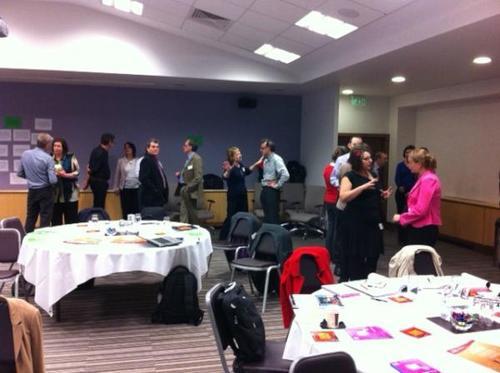
Some of the delegates (including Arthur Shelley and David Gurteen) at ‘the Bar’
After a couple of minutes I asked them to switch and repeat the process. At the end of the first round (which took 6 minutes) I invited them to:
Now pair up with someone else near you whom you don’t already know well and repeat the exercise.
The session concluded after 15 minutes with this
I hope that’s got you thinking about your km role as well as helping you to get to know a few of your colleagues a bit better. I also hope that all of us will get further along through the day ahead. Now please take your seats.
Over the course of the 2 days many of the delegates and speakers referred back to the swimming pool and the individual locations became a good metaphor for discussions.

